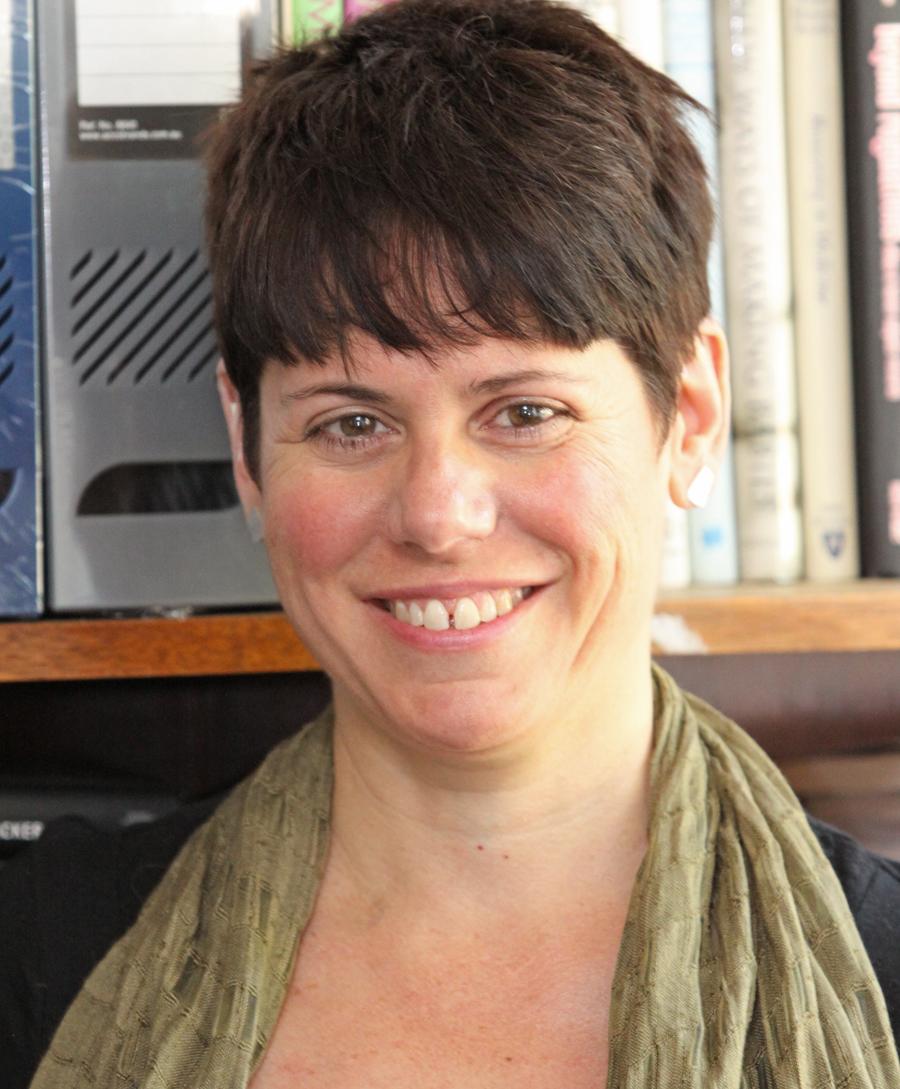Fellowship for leadership in history and philosophy of science

Professor Ankeny
Professor Rachel A. Ankeny from the University of Adelaide’s School of Humanities has been awarded a Fellowship of the American Association for the Advancement of Science (AAAS).
“I would like to congratulate Professor Ankeny for being made a Fellow of the AAAS,” says the University of Adelaide’s Professor Anton Middelberg, Deputy Vice-Chancellor (Research).
“Professor Ankeny has been recognised for her contributions to the understanding of the foundational roles that organisms play in biological research via her scholarship and for her leadership in history and philosophy of science.
“Her research is considered highly interdisciplinary, scholarly, and generally accessible, and is highly valued not only by her peers in history and philosophy, but by scientists themselves, as seen in this award.”
“I have always aimed to translate my academic findings in ways that are relevant for stakeholders including practicing biologists and the broader community, and I am pleased to be recognized for those efforts.”Professor Ankeny
The AAAS awarded 489 of its members the distinction of Fellow this year. They have received this rank because of their scientifically or socially distinguished contributions to STEM-related disciplines, including pioneering research, leadership within a given field, teaching and mentoring, fostering collaborations, and advancing public understanding of science.
“It is an honour to be recognised by my peers in such a globally prestigious organisation as the AAAS,” says Professor Ankeny.
“I have always aimed to translate my academic findings in ways that are relevant for stakeholders including practicing biologists and the broader community, and I am pleased to be recognized for those efforts.”
Professor Ankeny’s research interests cross several areas and fields, including the history and philosophy of science particularly biomedical and biological sciences, bioethics, public engagement in science, and science policy, as well as food studies and migration history.
In the history and philosophy of science, her research focuses on the roles of models and case-based reasoning in science, model organisms, the philosophy of medicine, and the history of contemporary life sciences.
Her research in bioethics examines ethical and policy issues in genetics, reproduction, women's health, transplantation, and embryo and stem cell research, among other topics. She also has expertise and ongoing research on health and science policy, particularly regarding public engagement. She convenes the Public Engagement in Science and Technology Adelaide (PESTA) research cluster.
The AAAS is the world’s largest general scientific society and publisher of the journal Science, as well as Science Translational Medicine; Science Signaling; a digital, open-access journal, Science Advances; Science Immunology; and Science Robotics. It was founded in 1848 and includes more than 250 affiliated societies and academies of science, serving 10 million individuals. The tradition of AAAS Fellows began in 1874. Members can be considered for the rank of Fellow if nominated by the steering groups of the association’s 24 sections, or by any three Fellows who are current AAAS members (so long as two of the three sponsors are not affiliated with the nominee’s institution), or by the AAAS chief executive officer.
Professor Ankeny will be presented with an official certificate and a gold rosette pin and her election will be recognised in a virtual ceremony in February 2021.
On 24 November Professor Samer Akkach from the School of Architecture and Built Environment was elected a Fellow of the Australian Academy of the Humanities.
Professor Akkach is an established scholar in two fields of study: architectural history and theory and Islamic studies. He has a cross-cultural background, interdisciplinary research interests, and a unique mix of expertise.
Media Contact:
Crispin Savage, Senior Communications and Media Officer, The University of Adelaide. Mobile: +61 (0)481 912 465, Email: crispin.savage@adelaide.edu.au
